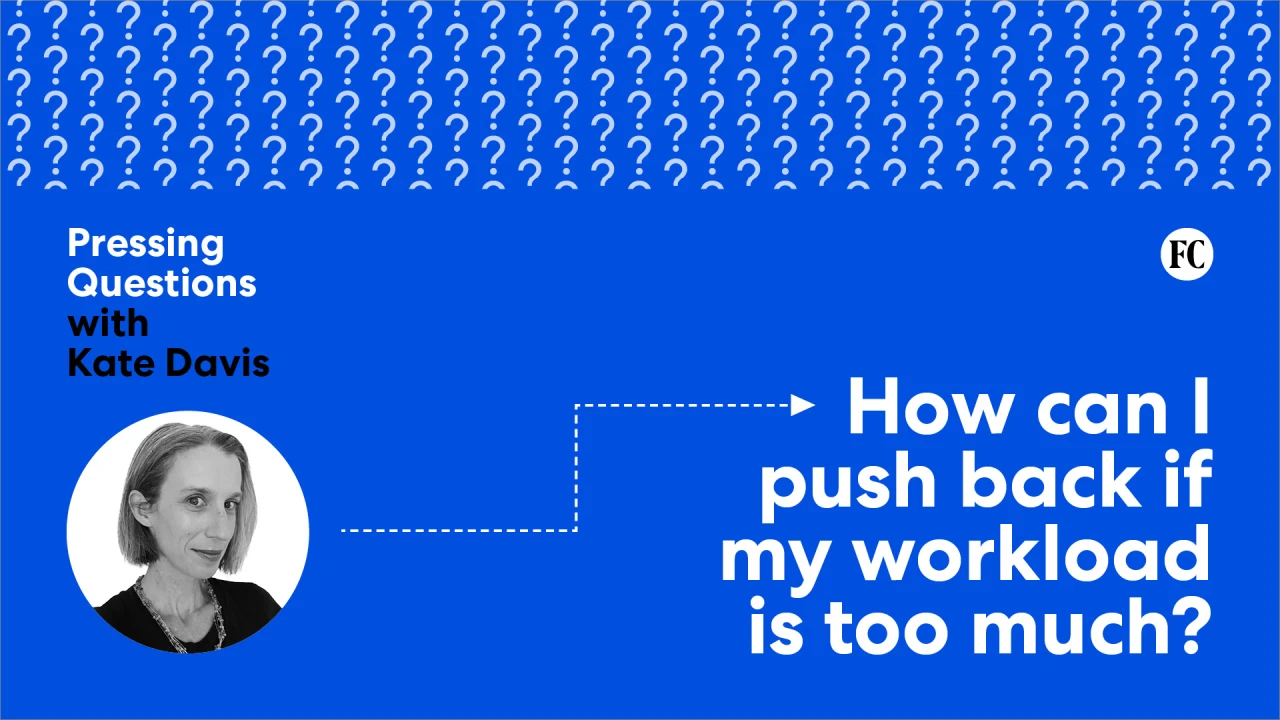The four leadership qualities you should not admire in famous entrepreneurs

Entrepreneurs typically contribute less to the overall economy than people who are employed by others. Transitioning from being formally employed to working for yourself or starting a business typically results in working longer hours to earn less and contribute less to the economy and society at large. However, there’s no question that entrepreneurs still command high levels of popular approval and appreciation.
In particular, we tend to glorify self-made billionaires no matter what they do, how they impact society, and how they behave. To the point that even antisocial acts, contrarian rants, or counterproductive work behaviors can be celebrated if they come from Elon Musk, Steve Jobs, or Peter Thiel.
But the truth is, it’s unwise to blindly follow in these folks’ footsteps. Here are four particular habits to avoid.
1. Being a jerk and calling it vision
Many successful entrepreneurs are lionized for being difficult. The logic goes like this: if you’re abrasive, impatient, or rude, you must be brilliant. After all, ordinary people can’t see the world-changing picture you’re obsessing over. But in most domains, being disrespectful or treating others poorly is a recipe for failure, not success. Unsurprisingly, these difficult personalities often resort to founding their own business after they are fired or rejected from other people’s businesses, since they are dispositionally unemployable. And if your genius only shines through when you belittle or ignore others, it may not be genius at all. It may just be bad behavior that got rewarded because the outcome was profitable.
2. Obsessive overwork masquerading as passion
The hustle culture narrative has convinced many aspiring entrepreneurs that burnout is a badge of honor. But glorifying 100-hour weeks and chronic sleep deprivation doesn’t build resilience or productivity. It breeds tunnel vision and poor decision-making. Many of the world’s most iconic founders have spoken openly about their struggles with exhaustion and breakdowns. Yet somehow, the myth persists that if you’re not killing yourself for your company, you’re not serious. In reality, it’s not noble to sacrifice your well-being for work. It’s just avoidable.
3. Disdain for rules and norms
Disruption is often code for breaking things without thinking about the consequences. From dodging taxes and ignoring labor laws to trolling regulators and bypassing democratic processes, some celebrated entrepreneurs treat norms as nuisances. But rules exist for a reason. They are not always efficient, but they are meant to protect the many from the power of the few. When tech CEOs behave as if laws don’t apply to them, we shouldn’t call that boldness. We should call it what it is: entitlement.
4. Being yourself as a leadership strategy
“Be yourself” is the kind of advice that sounds profound on a coffee mug but performs poorly in the real world. The myth of entrepreneurial authenticity suggests that success comes from unleashing your unfiltered self, no matter how impulsive, erratic, or unlikable that self may be. As I argue in my forthcoming book, Don’t Be Yourself: Why Authenticity Is Overrated and What to Do Instead, the most effective leaders aren’t radically transparent; they are strategically self-aware. They know when to adapt, how to filter, and which version of themselves is most useful in a given situation. If “being yourself” means ignoring feedback, resisting self-regulation, or broadcasting your every mood swing, it’s not authenticity, it’s self-indulgence. And when your decisions affect thousands of employees or millions of users, indulging your quirks becomes a liability, not a virtue.
In short, there is a fine line between charisma and narcissism, between vision and delusion, and between confidence and arrogance. When we admire entrepreneurs, we should separate their contributions from their character. Otherwise, we risk turning toxic traits into aspirational goals, and forgetting that success is not a moral justification for how you got there.
The irony is that we often celebrate these traits not because they are rare but because they are familiar. The workplace is already filled with insecure overachievers, domineering micromanagers, and burned-out strivers. When the most famous founders exhibit these behaviors, it legitimizes them. It tells the rest of us that being insufferable is part of the price of ambition, that success excuses everything, and that empathy or humility are optional luxuries rather than core leadership competencies.
But leadership is not just about being right. It’s about making others better. And while many entrepreneurs have indeed changed the world, the best ones do so without leaving a trail of broken people behind them. Admiring entrepreneurs should not mean excusing toxic behavior. It should mean holding them to higher standards, especially because of the influence they wield. If we’re going to celebrate their impact, we should also expect them to be decent humans.
What's Your Reaction?
 Like
0
Like
0
 Dislike
0
Dislike
0
 Love
0
Love
0
 Funny
0
Funny
0
 Angry
0
Angry
0
 Sad
0
Sad
0
 Wow
0
Wow
0

































































































